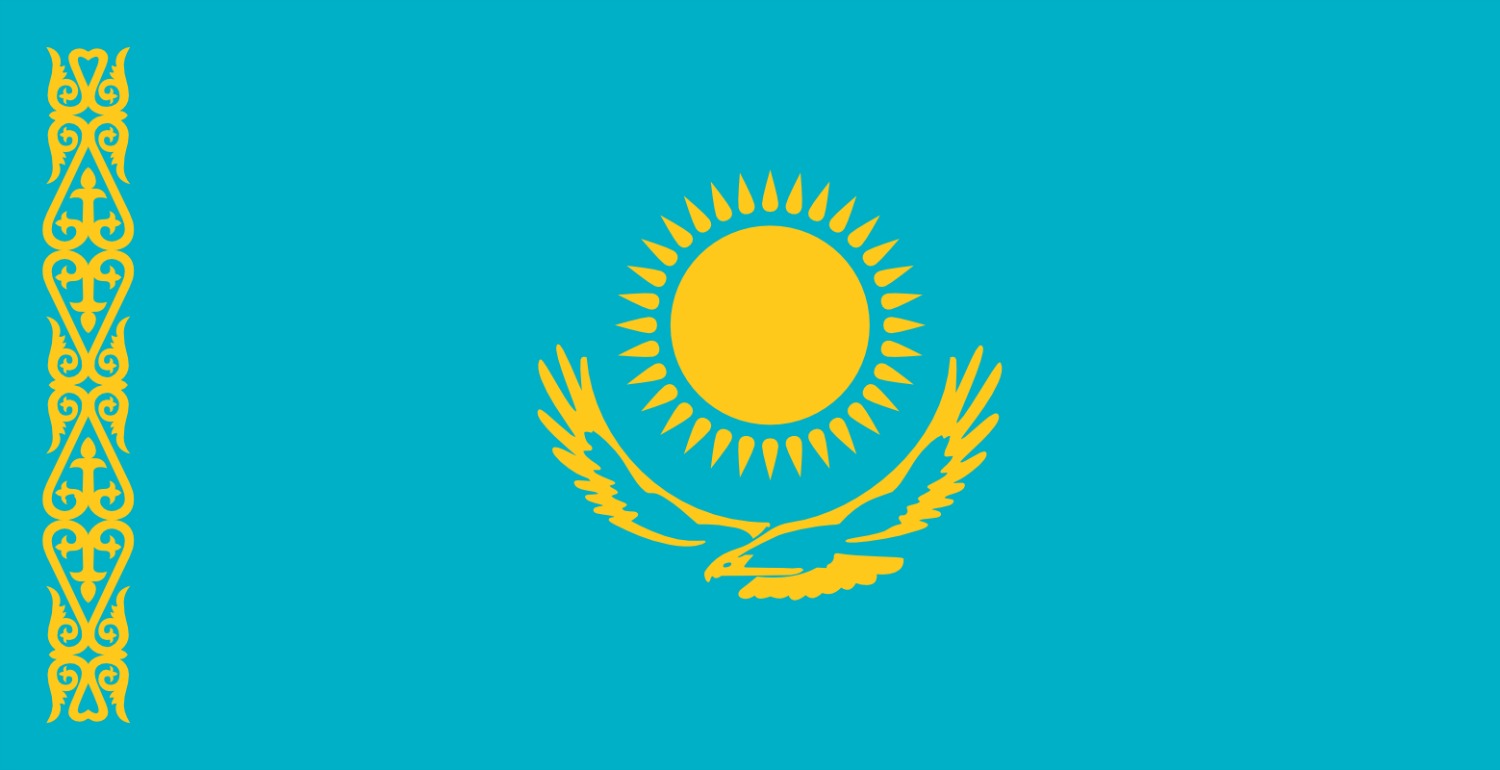The Helsinki Commission compiled a report on Kazakstan’s parliamentary election in 1999. It noted that the election did mark some forward movement; the registration of opposition political parties — specifically the Republican People’s Party (RPP) and Azamat, along with the already registered Communist Party — promised to give voters an opposition alternative on October 10 and to institutionalize the involvement of opposition parties in Kazakstan’s political life beyond the election. Other positive steps included the CEC’s lowering of the candidates’ deposit, the law’s provision for domestic observers and the sanctioned experiment with exit polling. The accreditation of over 2,500 non-partisan domestic observers throughout Kazakhstan was also a significant development. Even more important was an October 6 live, televised debate, which allowed voters to familiarize themselves with parties and candidates and gave some opposition figures who had not received free air time, such as Communist Party leader Serokbolsyn Abdildin, their only opportunity to campaign on television.

Helsinki Commission Advances Human Rights, Demands f...
Oct 19, 2023By Shannon Simrell, Senior Policy Advisor Between October 2-13, 11 Helsinki Commission staff joined approximately 1,400 representatives of OSCE participating States (pS) and civil society representatives in Warsaw, Poland in an annual review of the human rights records of OSCE States. U.S. leadership highlighted demands for accountability from Russia and Belarus for their human rights […]
Helsinki Commission Deeply Concerned Over Latest Ele...
Jul 27, 2022WASHINGTON—Helsinki Commission Chairman Sen. Ben Cardin (MD) and Co-Chairman Rep. Steve Cohen (TN-09) today expressed deep concern about an effort by the international community’s High Representative in Bosnia to impose changes on the country’s electoral system barely two months prior to general elections in early October. They issued the following joint statement: “We share the concerns […]
Co-Chairman Cohen Welcomes Conclusion of First Round...
Apr 12, 2022WASHINGTON—Following the first round of presidential elections in France on April 10, Helsinki Commission Co-Chairman Rep. Steve Cohen (TN-09) issued the following statement: “As co-chairman of the bipartisan U.S. Helsinki Commission, I congratulate the French people for making their voices heard on Sunday during the first round of their presidential elections. France is among the […]
Helsinki Commission Supports Invocation of OSCE’s Vi...
Nov 10, 2021WASHINGTON—Following the invocation of the OSCE’s Vienna Mechanism to address the mounting human rights crisis in Belarus, Helsinki Commission Chairman Sen. Ben Cardin (MD), Co-Chairman Rep. Steve Cohen (TN-09), Ranking Member Sen. Roger Wicker (MS), and Ranking Member Rep. Joe Wilson (SC-02) issued the following joint statement: “One year after the release of a comprehensive, […]
The Russian election was supposed to shore up Putin’...
Sep 25, 2021Electoral precinct 40, located in a charming historic area a few minutes’ walking distance from the Kremlin, is among the few in Moscow that can be trusted to count votes honestly. Ever since I first voted here at the age of 18, the official tallies have always reflected the actual votes cast. In Moscow’s 2013 mayoral […]
Seeking Justice and Freedom in Belarus
Sep 21, 2021In 2020, mass protests against the fraudulent election of Alexander Lukashenko shook Belarus. Since then, Lukashenko and his illegitimate regime have clung to power by committing ever more serious acts of repression against advocates of democracy and free expression. Hundreds of political prisoners languish in pre-trial detention or have been sentenced to years in prison […]
Helsinki Commission Leaders Blast So-Called Election...
Sep 21, 2021WASHINGTON—Following the sham State Duma elections in Russia, Helsinki Commission Chairman Sen. Ben Cardin (MD), Co-Chairman Rep. Steve Cohen (TN-09), and Ranking Members Sen. Roger Wicker (MS) and Rep. Joe Wilson (SC-02) issued the following statements: “From barring opposition candidates to stuffing ballot boxes and manipulating vote totals, there is ample evidence that these parliamentary […]
Repression in Belarus Focus of Upcoming Helsinki Com...
Sep 16, 2021WASHINGTON—The Commission on Security and Cooperation in Europe, also known as the Helsinki Commission, today announced the following hearing: SEEKING JUSTICE AND FREEDOM IN BELARUS Tuesday, September 21, 2021 2:30 p.m. Dirksen Senate Office Building Room 419 Watch live: www.youtube.com/HelsinkiCommission More than a year has passed since mass protests against the fraudulent election of Alexander […]
Chairman Cardin Joins Bipartisan Resolution Highligh...
Aug 09, 2021WASHINGTON—Helsinki Commission Chairman Sen. Ben Cardin (MD) today joined a bipartisan group of lawmakers to introduce a resolution on the one-year anniversary of the fraudulent presidential election in Belarus through which Alexander Lukashenko seized power for a sixth term. The resolution, led by Helsinki Commissioner Sen. Jeanne Shaheen (NH) and Helsinki Commission Ranking Member Sen. […]
Cardin and Wicker Discuss July 2021 Congressional De...
Jul 21, 2021Mr. CARDIN. Madam President, I take this time to talk about the work of the U.S. Helsinki Commission in a recent opportunity we had to participate in the OSCE Parliamentary Assembly. I am joined on the floor by Senator Wicker, who is the Republican chair of the Helsinki Commission. The two of us have worked […]
Helsinki Commission Delegation Advances Priority Iss...
Jul 15, 2021WASHINGTON—Helsinki Commission Chairman Sen. Ben Cardin (MD) and Ranking Member Sen. Roger Wicker (MS) last week led a U.S. delegation to the 2021 OSCE Parliamentary Assembly (PA) Annual Session in Vienna, Austria. The assembly was the first major gathering with an in-person component since the onset of the COVID-19 pandemic in March 2020. The 2021 […]



